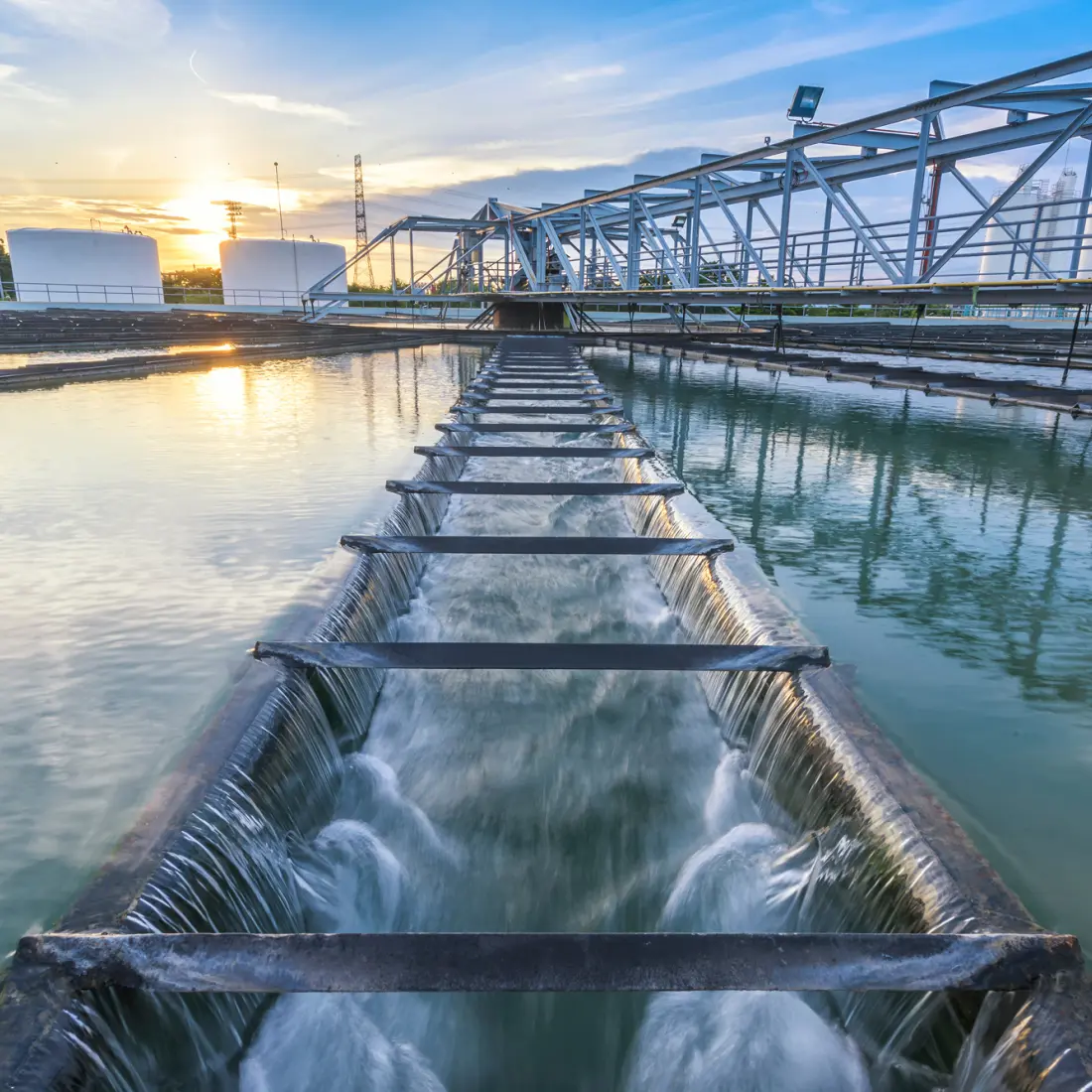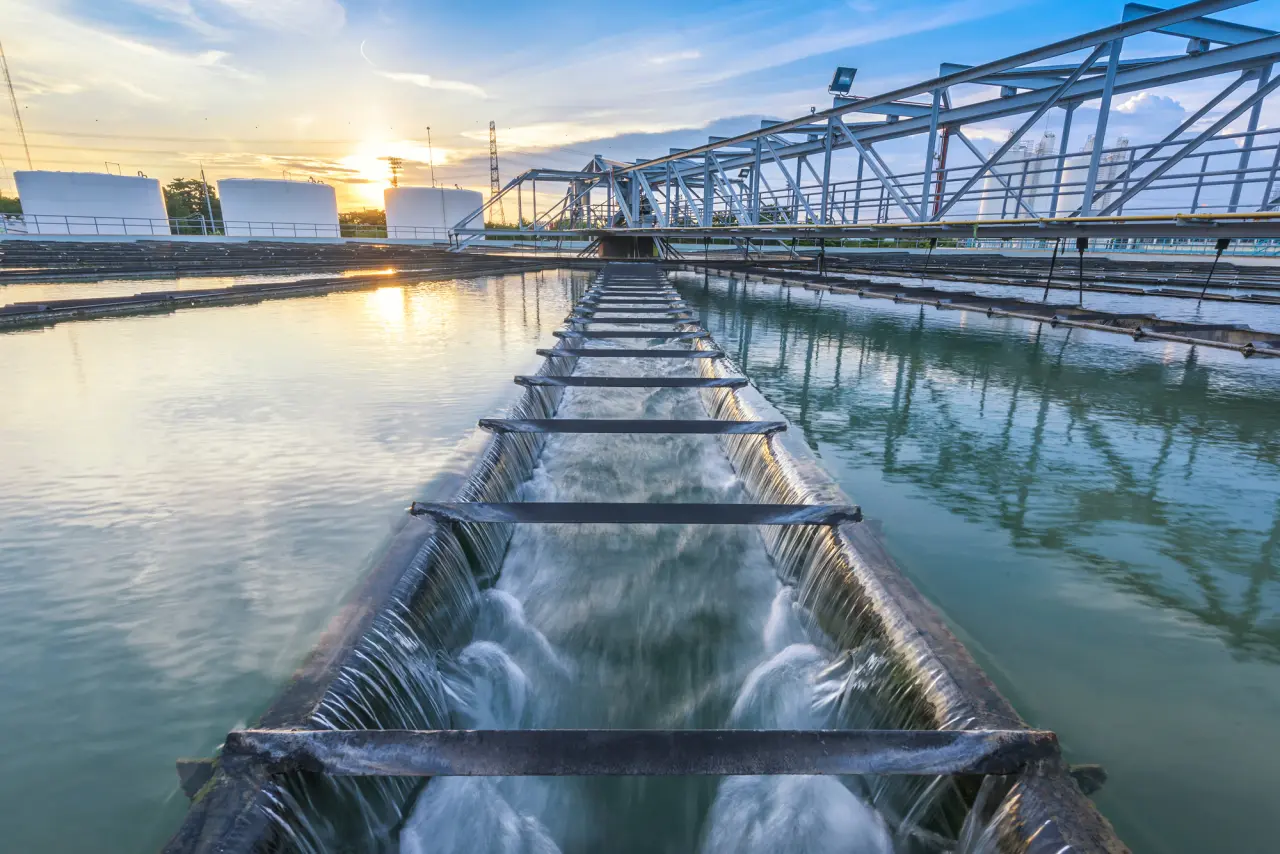8 ways to invest your money in a sustainable future


Sustainable investing seeks to balance profitability with a positive impact on society. Investors guided by the sustainable investing philosophy often consider a company's environmental, social, and governance (ESG) performance in addition to its financial health.
Companies often tout various ESG metrics as part of their financial reporting because investors have shown rapidly growing interest in ESG over recent years. However, there are no universal standards for ESG ratings. Also, the various charts or checkboxes that make up a corporation’s ESG report do not guarantee a better future for the planet. ESG-focused securities are ultimately designed around shareholder value just as other securities are, and they are likely to fluctuate in the same patterns as the rest of the stock market.
That is why individual investors and institutions must carefully research the sustainability claims of a company. Moreover, they should look beyond traditional securities to find other ways to make meaningful investments in a sustainable future.
Clean energy
Clean energy presents many investment opportunities. In addition to renewable energy funds or companies specializing in solar and wind power, investors can find public companies using clean energy.
There are plenty of opportunities in this arena, as many companies are choosing to implement clean energy in their own operations. S&P Global Market Intelligence reports that corporate renewable energy capacity increased by 45% in 2023, and that certain sectors boosted their renewable capacity by as much as 79%. This investment in commercial solar power can pay off in the form of reduced utility costs, greater energy independence, or even selling electricity as an independent system operator on the regional grid.
Individuals and small businesses can also invest in renewable energy by installing rooftop solar panels on a house or business facility. This investment can pay off over time through tax incentives, lower power bills, and an increasing resale value of a property.
Adding solar or wind power is only part of the story for ESG performance. Businesses building strong environmental records often combine renewable energy use with efforts to reduce or eliminate the use of fossil fuels.
Reduce/Eliminate fossil fuels
Companies use specific alternative energy solutions to replace fossil fuels like coal and natural gas, contributing to a global reduction of carbon emissions. According to the International Energy Agency, solar photovoltaic (PV) power is the most popular alternative energy, followed by wind, hydroelectric, and biomass fuels.
Businesses also need to maximize the efficiency of these systems to get the biggest benefits. For instance, a company can use specialized solar PV software to calculate optimal layout and yield. It can also use the software to design roof-mounted systems or ground-based arrays to ensure the system provides the maximum possible energy.
By phasing out fossil fuels in favor of clean energy, a business can improve its ESG scores. It can help attract further investment and prepare for a likely future of clean energy standards that affect many types of organizations. Investing in renewables is also necessary for companies taking their own initiatives to become more sustainable, or even to become fully carbon-neutral to demonstrate their commitment to the planet.

Impact investing
Impact investing focuses on achieving measurable environmental or social benefits alongside financial profits. Rather than focusing solely on ESG performance, impact inventors seek a more direct approach to improving the world with their capital investment.
Impact investors often align their aims with efforts such as the UN’s sustainable development goals (SDGs). These global goals focus on ending hunger, guaranteeing access to healthcare and education, and providing clean water and sanitation services for the entire world population.
To help achieve these goals, impact investors might provide capital for some of the following areas:
Microfinance services that cover startup costs for small businesses in underserved regions.
Affordable housing construction or resilient residential buildings that can withstand local climate conditions.
Water treatment plants that provide potable water to places currently lacking reliable water sources.
Impact investors can also focus on more traditional sustainable investments like sustainable systems, clean energy, and carbon reduction.
Water and sustainable agriculture
Worldwide improvements are necessary to make water resources and farming sustainable in the future. Today’s agricultural industries cannot support future food needs, and recent estimates suggest that society will need 40% more water globally than is currently available on Earth to meet the collective needs of people, agriculture, and industry.
There are opportunities to invest in companies and organizations that address this problem. Here are some examples of businesses active in improving water access and advancing sustainable farming:
Nutrien is a public agriculture company supplying low-cost seeds and sustainable fertilizers worldwide. They have used mergers and production changes to keep prices low as they rise elsewhere in the industry.
Aquatech is a subsidiary of Ecolab. It is one of the world’s leading desalination providers. Aquatech develops systems and equipment to purify sea water so that it is potable and useful for agriculture and human consumption.
Kula Bio is a biofertilizer company that relies on nitrogen-fixing microbes to enhance soil instead of relying on synthetic chemicals. Biofertilizers are more sustainable than conventional products, increasing yield without the same harmful impacts on soil and water systems.
These are just a few examples, and there are many other opportunities for companies to address environmental challenges with business tactics.
Real estate investment trusts (REITs)
Real estate investment trusts (REITs) allow individual investors to invest in commercial properties. Shares in these trusts are available through stock exchanges or direct from the investment provider. They entitle you to a portion of the profits from a single income-producing property or a portfolio of commercial or rental buildings.
REITs can be attractive for sustainable investing. An increasing number of funds focus on green buildings or incorporate strong ESG performance into their portfolios. The funds may invest in buildings with LEED certification or other such credentials, making it easier for investors to verify the sustainability traits of the trust before purchasing shares.
ETFs and sustainable mutual funds
Exchange-traded funds (ETFs) and mutual funds allow investors to purchase a collection of assets based on a specific theme. In addition to tracking industries, countries, or specific sectors, the funds can focus on goals for sustainability.
Investors can select sustainable funds based on their chosen area of focus. Examples of sustainable investment funds include the 1919 Socially Responsive Balanced Fund (SSIAX) and the VegTech Plant-based Innovation and Climate ETF (EATV). These funds typically prioritize ESG factors, but may also consider other valuations of corporate responsibility.
Green bonds and renewable energy stocks
Green bonds work just like traditional bonds. They are sold at a discount and redeemed for full value at maturity. However, the money from the bond is used specifically for sustainability improvements, such as renewable energy or carbon reduction projects, increased efficiency, or environmental conservation. These bonds are available from governments or public companies.
You can also invest directly in companies involved in the renewable energy sector. These include panel manufacturers like First Solar (FSLR) and utility-scale renewable energy providers like Brookfield Renewable (BEP). Such assets allow for direct investment in the renewable energy sector.
Socially responsible investing (SRI)
Socially responsible investing (SRI) is similar to impact investing. SRI investors aim to bring about positive social change and consider the moral and ethical aspects of investing alongside profit potential.
In addition to strong ESG performance, companies can attract socially responsible investors by adopting sustainable business practices. They include fair labor standards, ethical materials sourcing, and replacing fossil fuels with renewable energy as much as possible throughout their supply chains.
Conclusion
Sustainability is increasingly important for investors as the world faces global warming, income inequality, water scarcity, and pollution issues. By investing in clean energy, sustainable agriculture, and other areas, investors can support positive efforts while also pursuing profits.